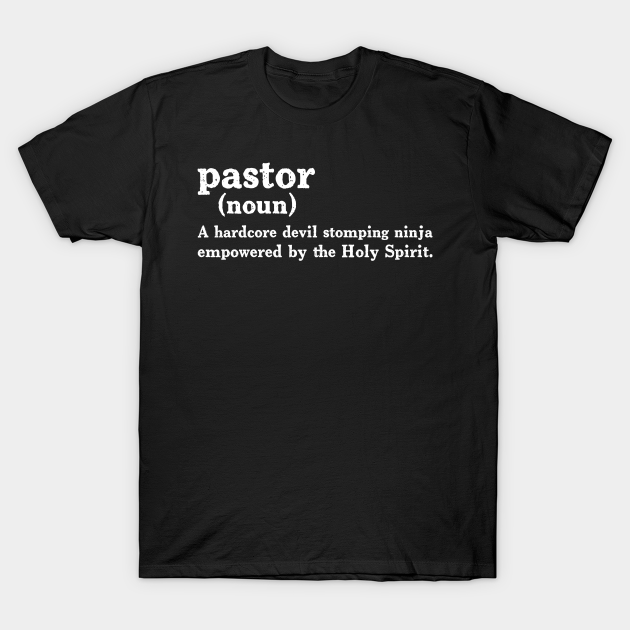

In one sense, everything a church is and does is an extension of the pastor’s personal ministry. At the return of Christ, he will judge and reward the pastors (elders) according to their faithfulness in leading the church to accomplish the will of God (1 Pet. The pastor, who fulfills in today’s church the role of the New Testament elder or bishop (overseer), is responsible before God for the spiritual welfare of the church (Acts 20:28). 1:10).īecause the Holy Spirit works through believers, he is able to freely lead a church when the members are yielded to his direction. 2:1, 2) and pleaded with the Corinthians that they do everything within their power to correct and prevent divisions in their church (1 Cor. The apostle Paul encouraged the Philippian believers to continue in and strengthen their unity as a church (Phil. After that, the believers were charged to obey those who had the rule over them (Acts 15:2-4 1 Tim. The congregations were charged to choose spiritual leaders. The final seat of authority in church government is best stated in terms of viewpoint. We may call the organization a “church,” but it is not, according to the biblical use of the term. When the church no longer obeys the Word of God, the presence of Christ leaves a church and Christ is no longer the ruler of the church. “He is the head of the body, the church: who is the beginning, the firstborn from the dead that in all things he might have the preeminence” (Col. But, if this continues and becomes a pattern rather than an exception, tell another church worker your concerns.The Leadership Structure of Christ’s ChurchĮvery church is led by Christ if it is a New Testament church. The work you see is only the tip of the iceberg. Leading a church is a massive responsibility and takes a huge amount of dedication. So, if your pastor has slipped up once or twice, it's time to cut them some slack. They will make mistakes, have struggles, and feel lost sometimes. Just like the rest of us, pastors are imperfect humans. What can I do if my pastor is a bad leader?

Bad leadership can kill a sense of mission in your church, make well-meaning volunteers lose direction, and stop members of the congregation from feeling like they have a true connection with the church. If they chose to, they could waste valuable church resources and stunt the ministry’s growth, prioritizing their own desires instead of the good of the community. While there are many different types of bad leadership, if you find your pastor getting angry and defensive or shutting down conversations when challenged, they are not who you want to be in charge of your church.Ī leader can make or break any project. They take disagreements personally and stay closed-minded in the face of criticism.
MINISTER VS PASTOR MEANING HOW TO
Typically, bad leaders don’t know how to listen. You will see dedicated pastors taking the time to check in with their church members because they genuinely care.īad leaders are everywhere, whether in the workplace, at school, or when playing sports. Just like shepherds lead their flock away from danger and into safety, pastors must guide the congregation in a positive, fulfilling, and generous way. Trustworthy, open, and communicative people tend to be a perfect choice, as they fill people with faith. If you think your church is struggling because of your pastor’s questionable leadership skills, there are steps you can take.Ĭharacteristics of a strong church leader.Īs church leaders have an incredible amount of power, you need to have faith in their quality of character. Some preachers fall into the trap of assuming they can assume pastoral responsibilities because of their strong preaching skills, but this isn’t always the case. Strong pastors who do not shy away from their leadership responsibilities can do wonders for a church. If your church has a pastor or a preacher that fails to do this or is unapproachable in their management style, you might have a problem. Many responsibilities fall under their title, from delegating tasks and assigning team leaders to directing where resources and donations are spent. A church leader has the power to influence the members of the church, which in turn impacts the wider community.


 0 kommentar(er)
0 kommentar(er)
